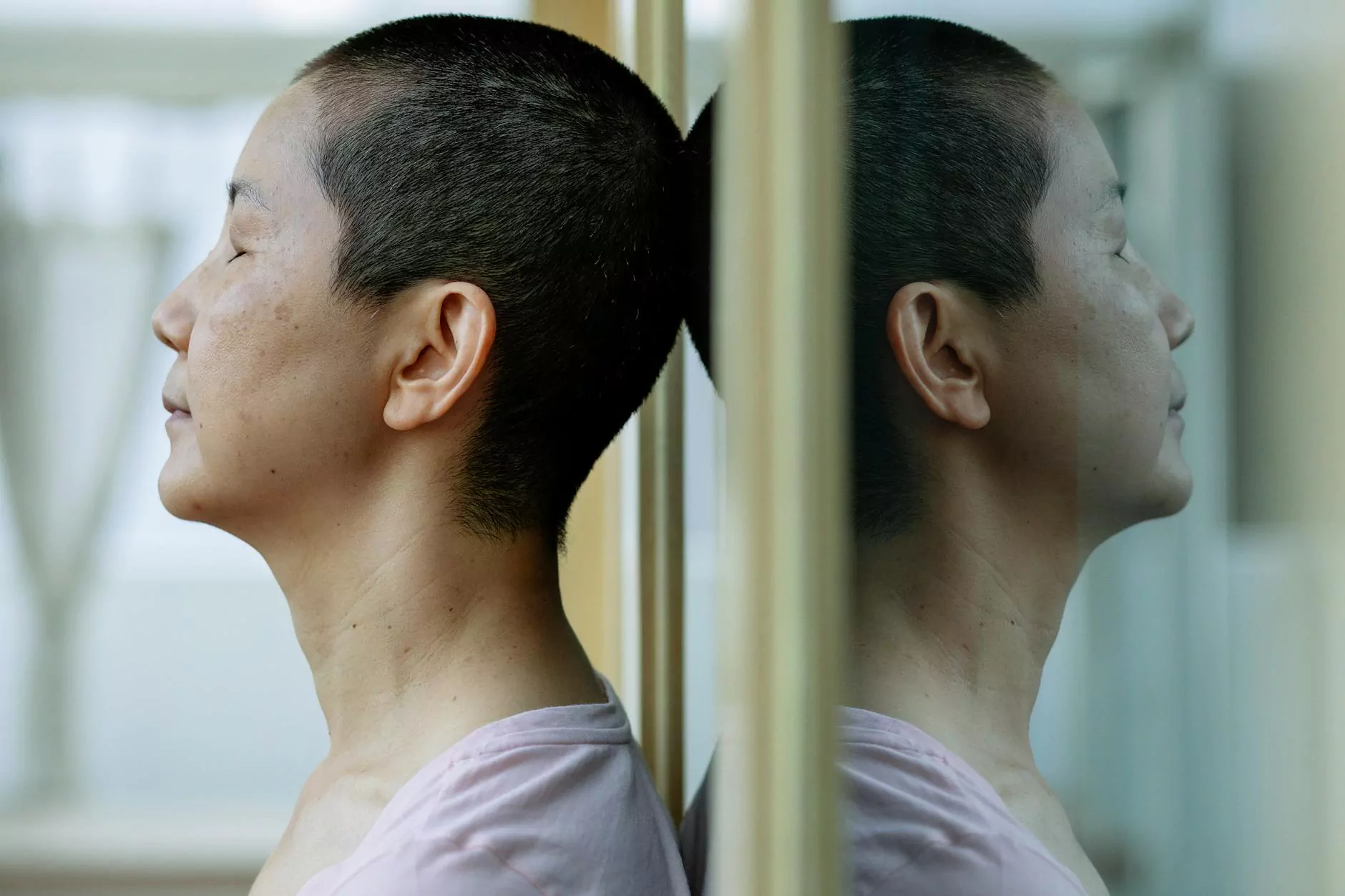Female Hair Loss Causes — Is It Testosterone?
Health
As a leading provider in the health industry, CHI St. Luke’s Health - Performance Medicine understands the importance of addressing female hair loss. With our expert guidance and comprehensive solutions, we aim to help you effectively manage and overcome this common concern. In this informative article, we will explore the causes of female hair loss, with a particular focus on the role of testosterone.
The Complexity of Female Hair Loss
Female hair loss, also known as female pattern baldness or androgenetic alopecia, affects a significant number of women worldwide. Contrary to popular belief, it is not solely a male issue. The condition may manifest differently in women, but its impact on self-esteem and overall well-being can be profound.
Several factors contribute to female hair loss, including genetics, hormonal imbalances, medical conditions, and lifestyle choices. While the precise interplay of these factors can vary from person to person, understanding the role of testosterone is crucial.
The Role of Testosterone in Female Hair Loss
Testosterone, commonly associated with male characteristics, is indeed present and necessary in females as well. However, it plays a significantly different role in women's bodies.
In women, testosterone is primarily produced in the ovaries and adrenal glands. It contributes to various bodily functions, including maintaining bone density, regulating mood, and supporting libido. However, an excessive amount of testosterone or an imbalance in its levels can lead to adverse effects, including hair loss.
When testosterone is converted into dihydrotestosterone (DHT) through an enzyme called 5-alpha-reductase, it can affect hair follicles. DHT binds to specific receptors on hair follicles, causing them to shrink and enter a resting phase. Over time, the affected hair follicles produce thinner, shorter, and less pigmented hair, leading to noticeable hair loss.
Other Factors Contributing to Female Hair Loss
While testosterone and DHT have a significant impact on female hair loss, other factors also contribute to this condition. It is essential to consider these additional factors to develop a holistic approach to hair loss treatment.
1. Genetics and Family History
Family history often plays a role in female hair loss. If close family members, such as parents or siblings, have experienced hair loss, it increases the likelihood of its occurrence in future generations. Understanding your genetic predisposition allows our experts to tailor treatment plans accordingly.
2. Hormonal Imbalances
Hormonal imbalances, including fluctuations in estrogen, progesterone, and thyroid hormones, can contribute to female hair loss. Assessing and addressing these imbalances is crucial in managing the condition effectively.
3. Medical Conditions
Certain medical conditions, such as polycystic ovary syndrome (PCOS), thyroid disorders, and autoimmune diseases, can trigger hair loss in women. A comprehensive evaluation of your medical history and current health status is integral to identifying these underlying conditions.
4. Nutritional Deficiencies
Inadequate intake of essential nutrients, such as iron, zinc, vitamins (especially vitamin D), and proteins, can contribute to hair loss. Our team of experts can help you identify any deficiencies and recommend appropriate dietary adjustments or supplements.
Comprehensive Solutions for Female Hair Loss at CHI St. Luke’s Health - Performance Medicine
At CHI St. Luke’s Health - Performance Medicine, we understand the distress caused by female hair loss. Our team of experienced professionals is dedicated to providing you with comprehensive solutions tailored to your unique needs.
We approach female hair loss treatment holistically, addressing the underlying causes and factors contributing to the condition. Our services include:
- Hormonal evaluation and balancing
- Nutritional assessment and guidance
- Genetic predisposition analysis
- Expert consultations and personalized treatment plans
- Advanced hair restoration techniques
- Regenerative medicine options
By combining cutting-edge technology, evidence-based practices, and individualized care, we strive to help you regain confidence and achieve optimal hair health.
Contact CHI St. Luke’s Health - Performance Medicine Today
If you are experiencing female hair loss and seeking reliable, effective solutions, CHI St. Luke’s Health - Performance Medicine is here to help. Our team of experts will work closely with you to develop a personalized approach that addresses your specific needs and goals.
Take the first step towards revitalizing your hair health by contacting us today. We look forward to guiding you on your journey to restored confidence and well-being.
Note: This content is for informational purposes only and is not a substitute for professional medical advice, diagnosis, or treatment. Always seek the advice of your physician or other qualified health providers regarding any medical condition or treatment.




